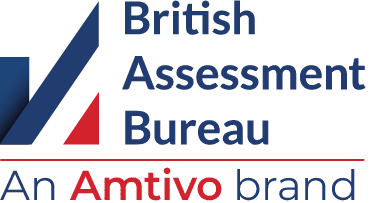In today’s environmentally conscious world, businesses are increasingly turning to ISO 14001 to bolster their waste management strategies. This standard provides a robust framework for managing environmental impacts, with a particular emphasis on efficient waste reduction.
Understanding ISO 14001
The ISO 14001 standard is designed to help companies establish an effective Environmental Management System (EMS). It encourages organisations to analyse their environmental impact holistically, including waste management processes. By setting clear environmental objectives and detailed performance metrics, businesses can more effectively control and reduce waste.
Strategies for Waste Reduction
- Process optimisation: Businesses can significantly reduce waste by optimising production processes, thereby minimising inefficient use of resources. This involves analysing workflows to identify areas where materials are used non-optimally and adjusting these processes to reduce excess, therefore improving operational efficiency.
- Recycling and reuse: Implementing systematic recycling and reuse strategies within the ISO 14001 Environmental Management Systems allows companies to manage waste more sustainably. By finding ways to repurpose scrap material or by-products, businesses not only cut down on waste but also on procurement costs.
- Supplier selection: Choosing suppliers committed to sustainable practices is essential for ISO 14001. This means evaluating their environmental policies and their effectiveness in resource management and waste reduction. By selecting environmentally responsible suppliers, companies not only minimise waste, but also helps to align their entire supply chain with ISO 14001’s environmental objectives. Working collaboratively with suppliers to improve sustainability can lead to significant environmental benefits across the supply chain.
- Employee training and engagement: Training employees on the importance of waste reduction and encouraging them to participate in sustainable practices supports the effective implementation of strategies across all levels of the organisation.
- Continual improvement: ISO 14001 emphasises continual improvement, urging companies to regularly review and refine their waste management practices. This continual process helps businesses stay aligned with the best practices for environmental stewardship.
- Implementing waste-to-energy solutions: For waste that cannot be reused or recycled, waste-to-energy technologies offer a method to convert waste into useful energy. This not only helps in waste reduction but also contributes to energy creation, thus closing the loop in the production cycle.
- Utilising data analytics: Leveraging data and analytics can dramatically improve waste management. Data-driven insights allow businesses to predict waste trends, optimise routes for collection, and efficiently sort waste, leading to significant reductions in waste volumes.
Impact on Business Performance
Adopting these innovative waste reduction strategies under the guidance of ISO 14001 not only benefits the environment but also enhances business performance. Companies reduce costs through efficient resource use and improved compliance with regulatory requirements, which can boost corporate reputation and lead to increased customer loyalty.
Find out more about ISO 14001 here.


